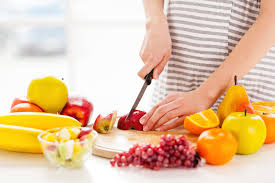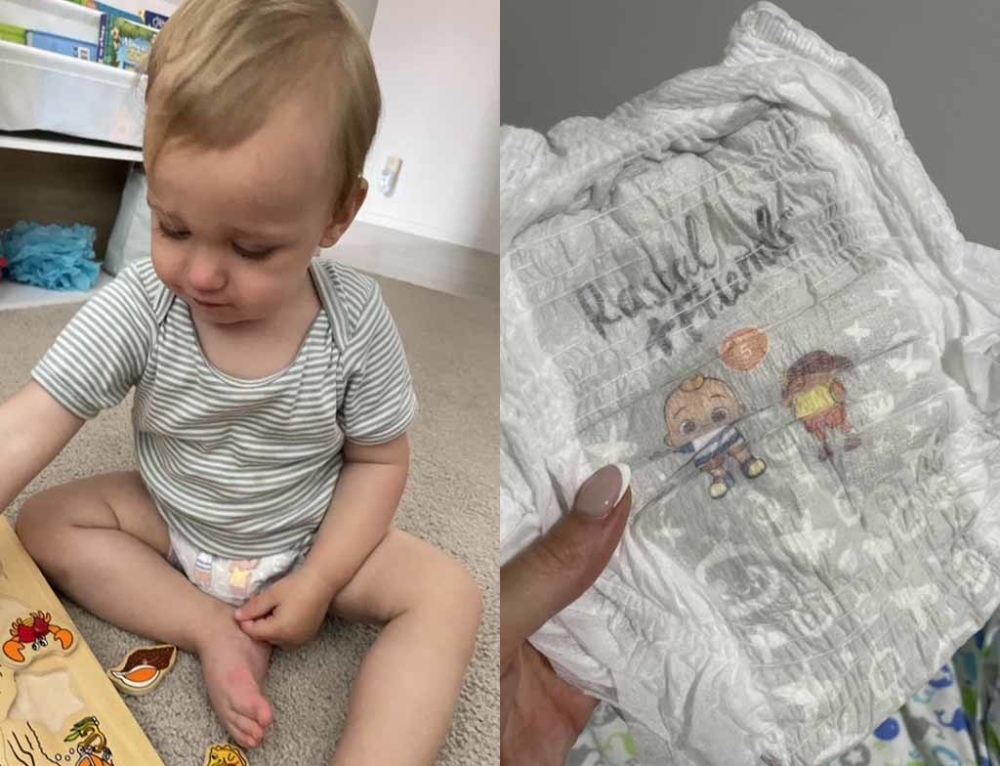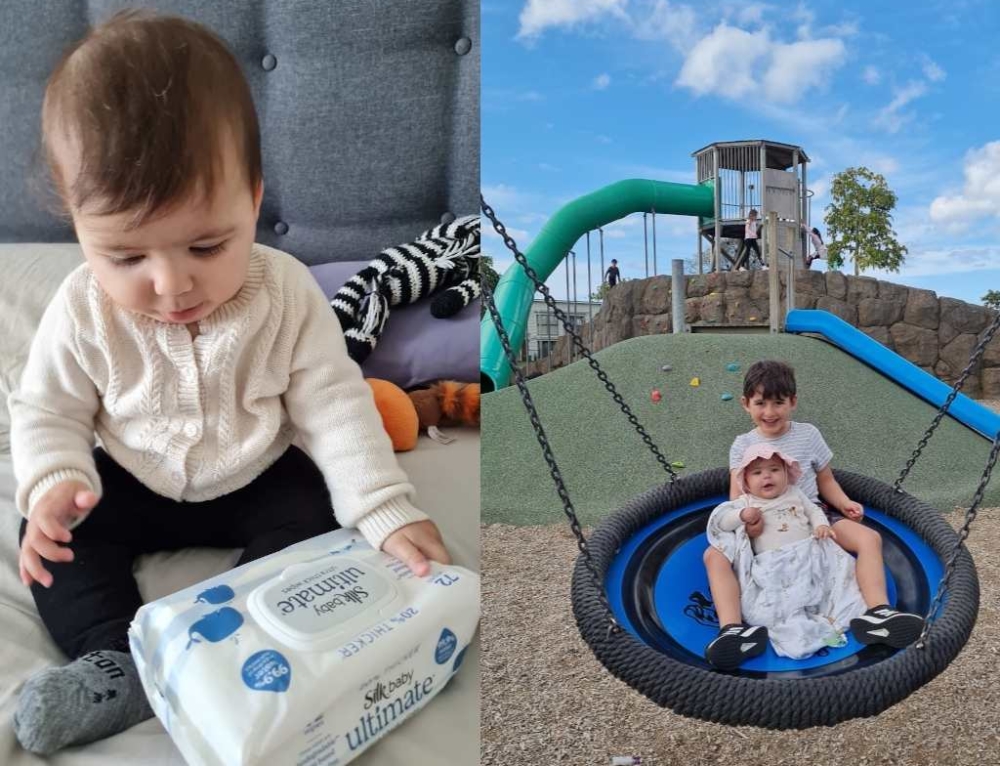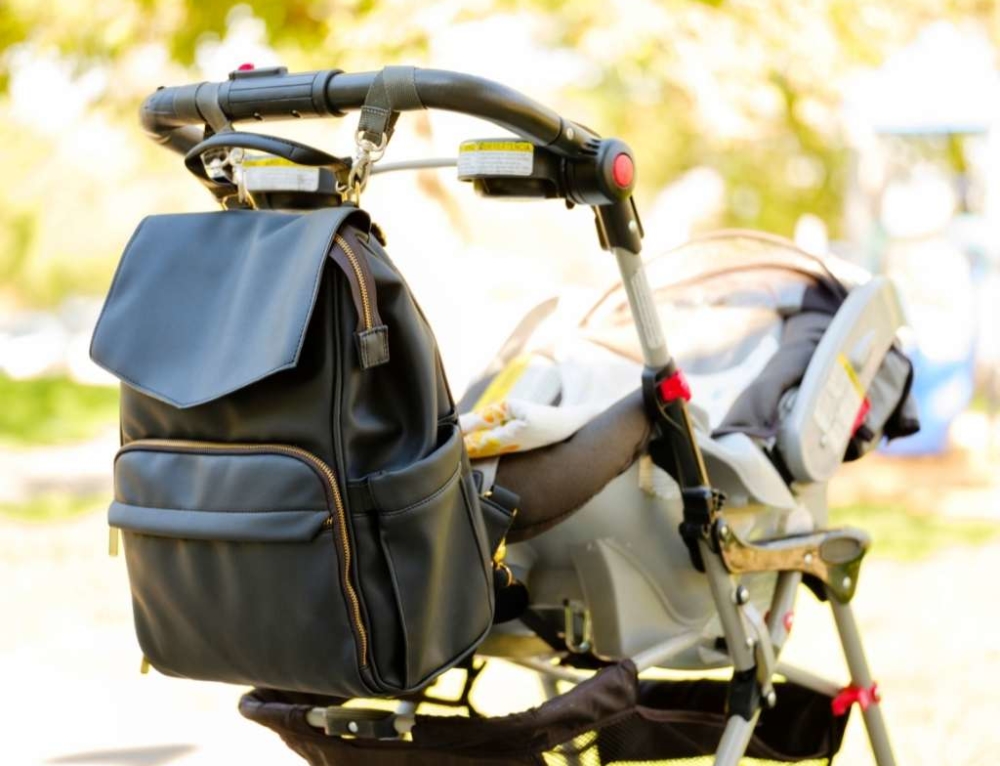While maintaining a healthy diet is always important, it’s even more so when you’re breastfeeding, as your body needs to provide the energy and nutrients for two people.
Some of the nutrition will come from the fat you stored during pregnancy, but the rest will come from your everyday diet, so it’s vital that you eat well and regularly.
Most women become very thirsty while they’re breastfeeding, so make sure that you always have a drink bottle of water within reach while you’re feeding. Expect to drink up to two litres a day; and while all fluids count, water is the best source of fluid.
Protein:
It is important that you include plenty of protein in your diet. Aim for:
- Meat, fish and chicken
- Eggs
- Cheese and yoghurt
- Nuts and seeds
- Legumes
Calcium:
While you’re breastfeeding, you’ll need to increase the amount of calcium in your diet because it is a major component of breast milk. If you don’t eat a calcium rich diet while you’re breastfeeding, your body will use the calcium in your bones to ensure supply in your milk – and this may cause osteoporosis later in life.
You need around four serves of calcium-rich foods each day to protect your bones. The best sources of calcium are:
- Dairy products such as milk, cheese and yoghurt (these are the best source of calcium)
- Soymilk fortified with calcium – look for a brand that includes around 120mg calcium per 100ml soymilk
Iron:
During pregnancy you use up your iron stores, so it’s vital while you’re breastfeeding, that you eat an iron-rich diet to replenish your iron stores. The best iron-rich foods are:
- Red meat, chicken and fish
- Legumes
- Nuts and dried fruit
- Wholegrain bread and cereals
- Green leafy vegetables
Folate and vitamins:
While you’re breastfeeding you’ll have an increased need for:
- Folate, found in leafy green vegetables such as spinach, brussel sprouts, cabbage and broccoli
- Vitamin C, found in citrus fruits, berries, tropical fruit, tomatoes, capsicum and potatoes.
- Vitamin A, found in dark green and yellow vegetables such as carrots, pumpkin and broccoli.
Foods to avoid:
There is little evidence that certain foods upset babies or give them diarrhoea or colic, though many breastfeeding mothers claim that there is something in their diet that their baby doesn’t like, be it garlic, onion, spicy food or foods heavy in lactose.
If you think something is upsetting your baby, stop eating it for a couple of days. If she becomes more settled, try the food again, and see what happens. Rarely, dairy foods in your diet can cause a reaction in your baby.
Caffeine will pass into your breast milk, so large amounts of tea, coffee and cola drinks are best avoided. Drinking small amounts of drinks with caffeine (three or less drinks a day) shouldn’t be a problem.
Vegetarian mothers:
You can maintain a vegetarian diet and breastfeed as well, but it’s best to check with a dietician early on that your diet contains the right amount of vitamins and minerals to keep you going – your baby will always be fine because your body will take what it needs from your own supplies to make breast milk (which can leave you feeling very unwell if your diet is inadequate). Make sure you get plenty of:
- Eggs, milk, cheese and yoghurt
- Fruit and vegetables
- Wholegrain breads and cereals
- Legumes
Exercise and breastfeeding
- Exercising regularly is good for you physically as well as your emotional wellbeing.
- Most breastfeeding mothers don’t find they have any problems with exercise.
- Some babies can fuss at feeding time when their mother has just exercised as a result of lactic acid in the milk – this can temporarily change the taste of the breast milk and will disappear after a couple of hours. If this is an issue for you, try to feed your baby before exercise.
- Exercising excessively may affect your milk supply, so try to keep your exercise moderate.
- Ensure you are properly hydrated when you are exercising to ensure that your milk supply isn’t affected.
This article was written by Ella Walsh for Kidspot.







Leave A Comment
You must be logged in to post a comment.